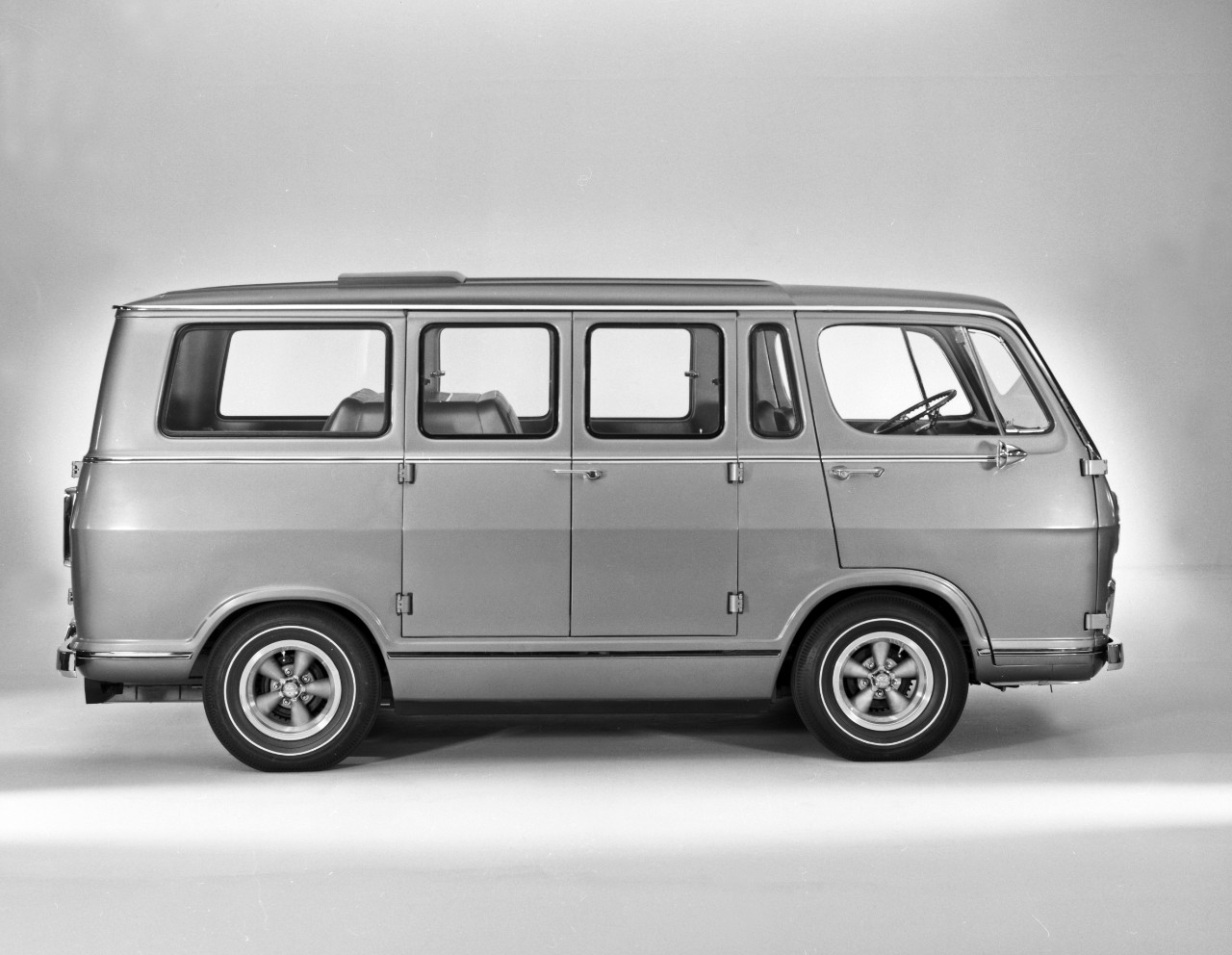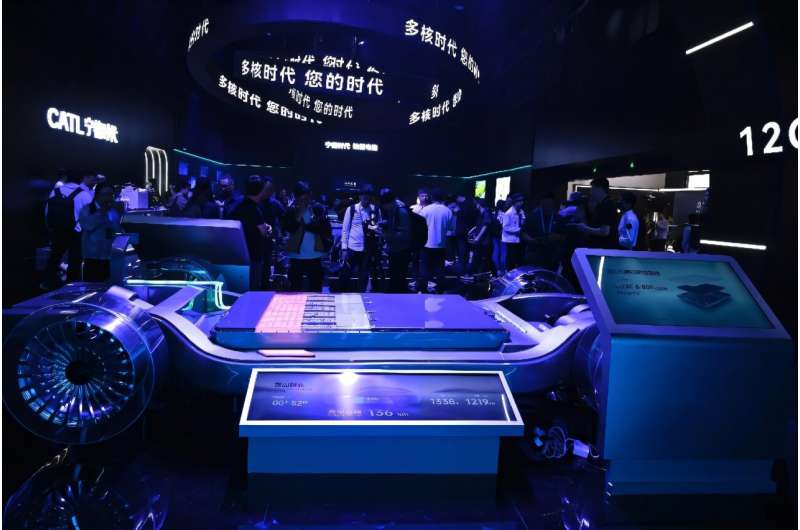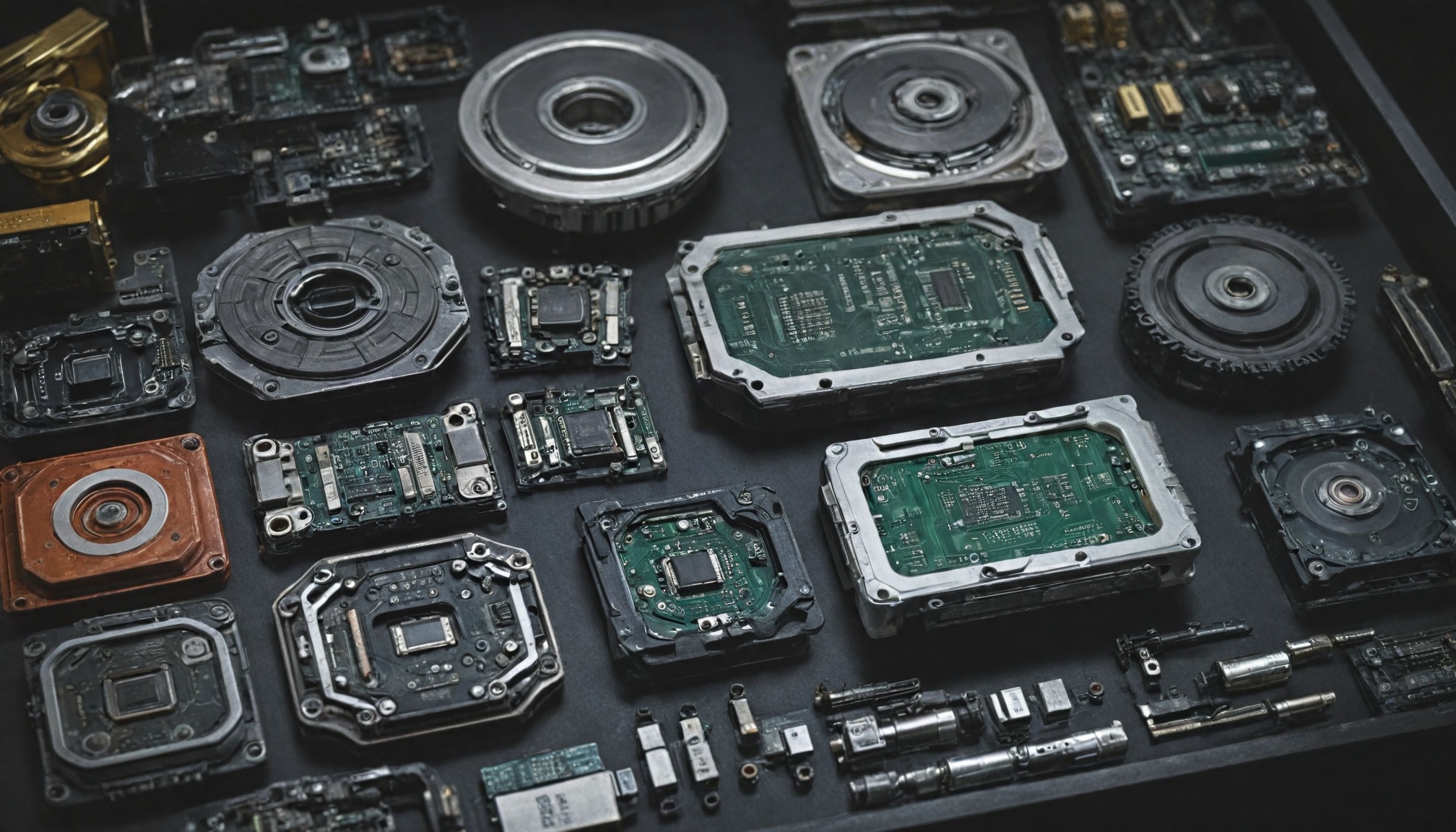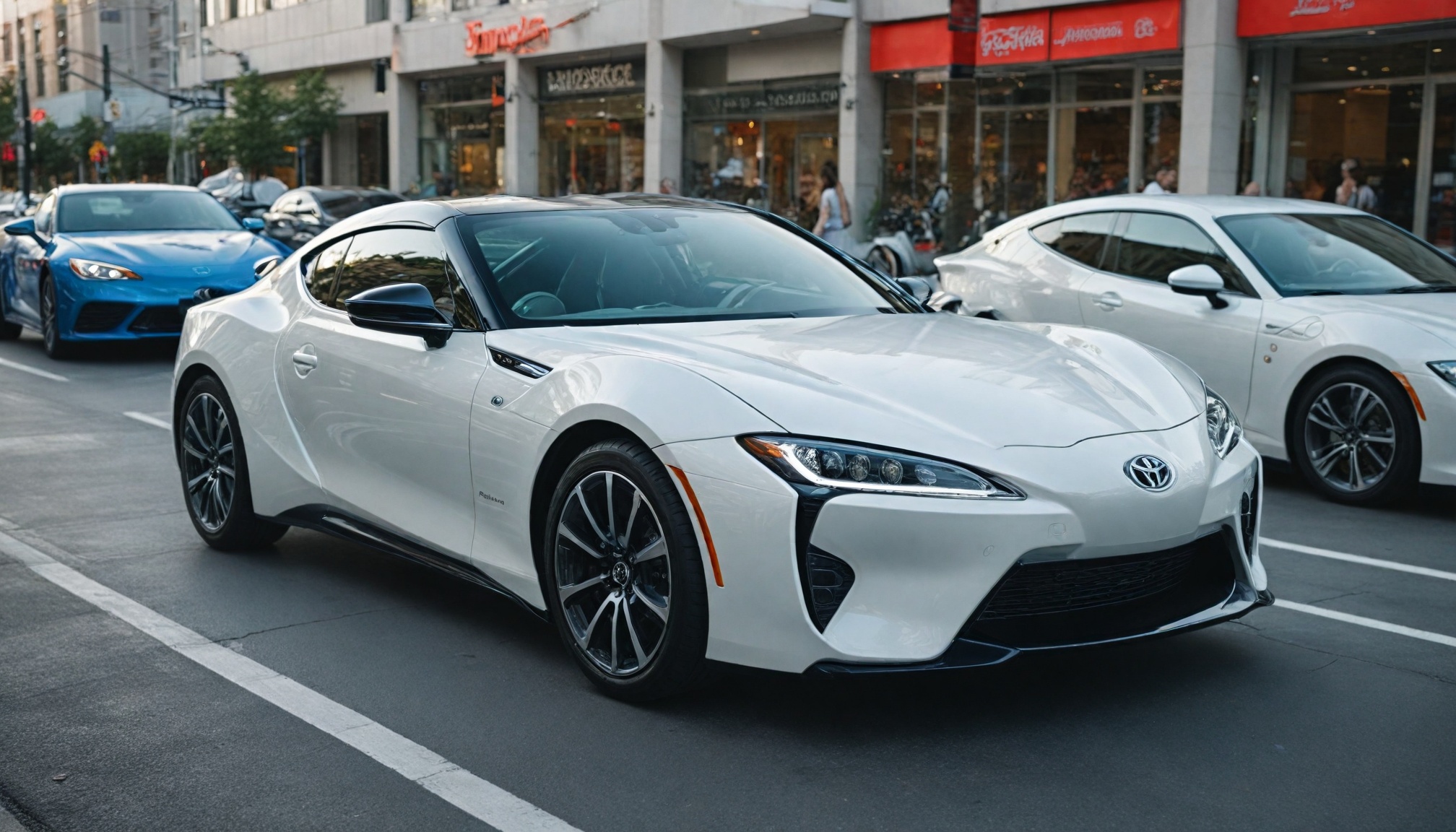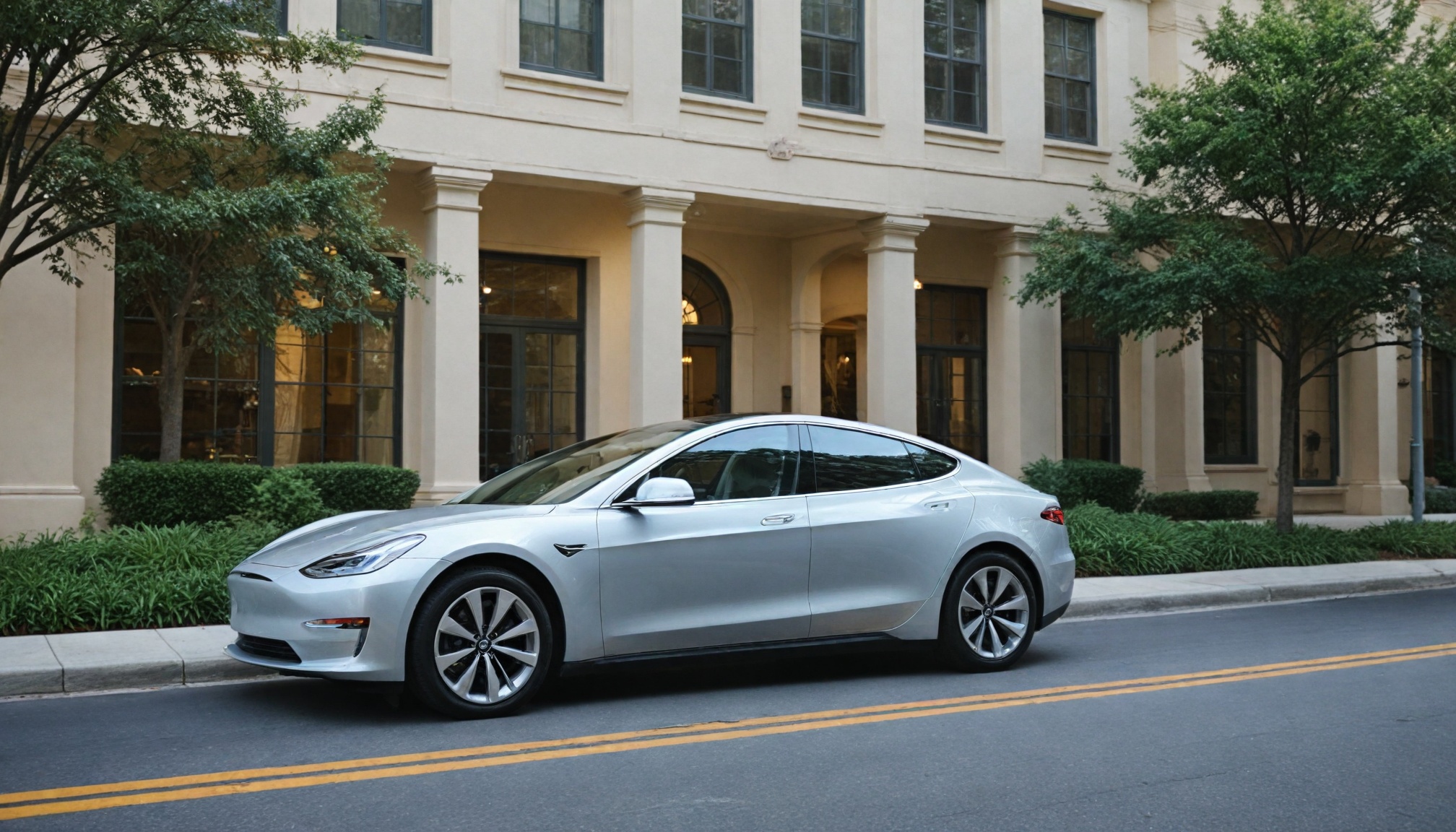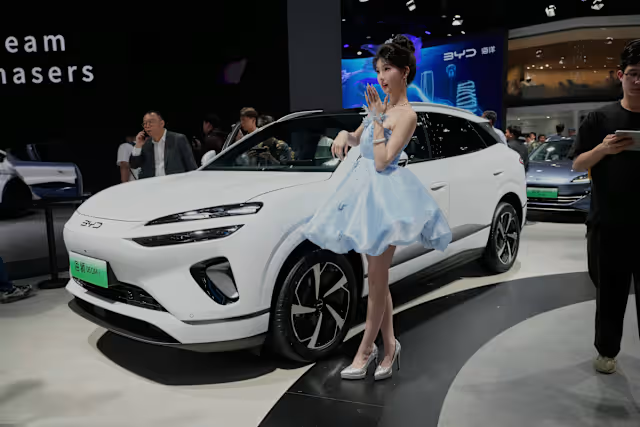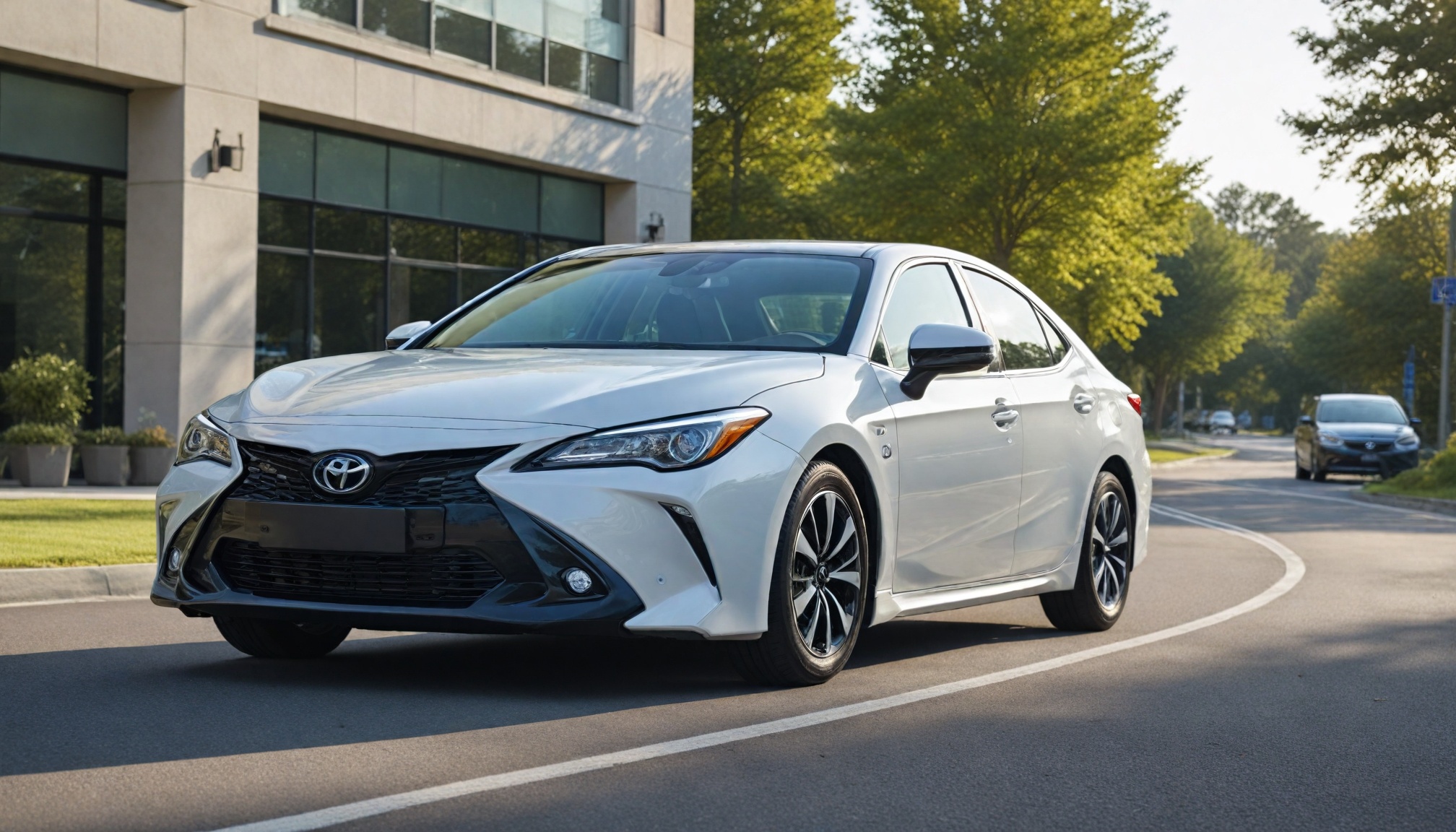
Toyota discontinues non-hybrid Corollas in Europe and Japan, showing its pragmatic electrification strategy that balances emissions reduction with market needs and accessibility.

Drivetech Partners
Toyota's strategic shift to hybrid-only Corollas in Europe and Japan marks a pivotal moment in the automotive industry's electrification journey. As the world's best-selling vehicle with over 50 million units sold globally, the Corolla's transition away from conventional internal combustion engines demonstrates Toyota's pragmatic approach to reducing emissions while maintaining broad market appeal through accessible, proven hybrid technology.
Key Takeaways
Toyota has discontinued all non-hybrid Corolla versions in Japan and Europe, making the iconic vehicle hybrid-only in these key markets
The move reflects Toyota's multi-pathway electrification strategy that has already resulted in over 6 million electrified vehicles sold in Europe
Toyota's hybrid approach has reduced tailpipe emissions in Europe by more than 50% since 1995, with 74% of Toyota's European sales now being electrified vehicles
The Corolla Hybrid lineup offers various options including different powertrain sizes and body styles with impressive fuel efficiency of up to 53 MPG city
This transition positions Toyota to balance environmental goals with consumer needs in markets where full EV adoption faces infrastructure challenges

Toyota's Hybrid-Only Corolla: A Milestone in Electrification
Toyota has taken a bold step by discontinuing all traditional gasoline-only Corolla models in Japan and Europe. This decision transforms one of the world's most popular vehicles into an exclusively hybrid offering in these regions. The move follows Toyota's earlier transition to hybrid-only Corollas in Europe back in 2022, with Japan now following suit. This isn't just a product decision—it's a statement about Toyota's vision for practical vehicle electrification.
The shift to hybrid-only represents a significant evolution for the Corolla, which has sold more than 50 million units worldwide since its introduction. Japanese buyers now have access to a lineup including sedan, Touring, and Sport hatchback models, all featuring a 1.8-liter hybrid powertrain. European customers enjoy additional options, with choices between 1.8-liter (138 hp) and 2.0-liter (193 hp) hybrid variants.
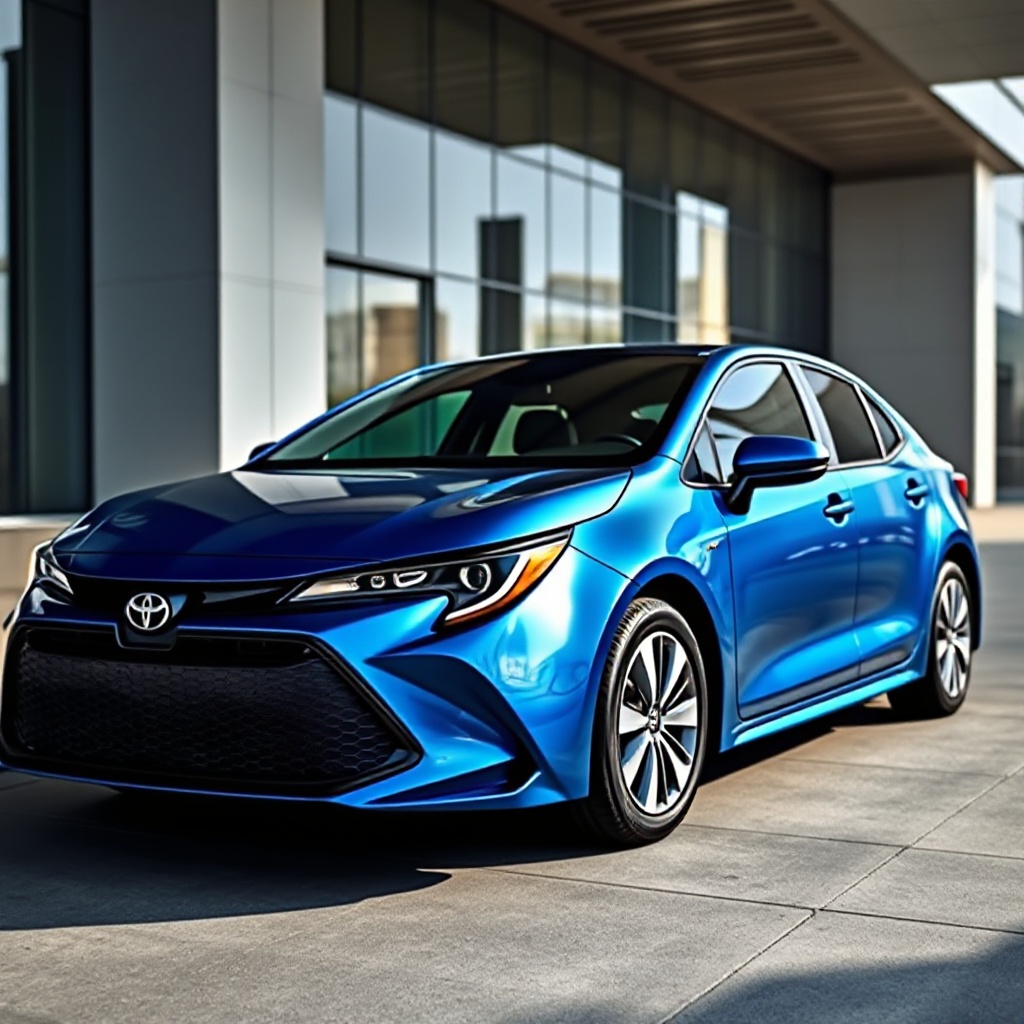
Toyota's Multi-Pathway Approach to Electrification
Rather than going all-in on a single technology, Toyota has consistently pursued a diversified electrification strategy. This multi-pathway approach includes offering hybrid, plug-in hybrid, battery electric, and fuel cell electric vehicles. The results speak for themselves: Toyota has sold over 6 million electrified vehicles in Europe as of the end of 2024.
This flexible strategy has delivered substantial environmental benefits. Toyota's average tailpipe emissions in Europe have dropped by more than 50% since 1995, an achievement made possible by gradually increasing the proportion of electrified vehicles in its fleet. In 2024, a remarkable 74% of Toyota Motor Europe's sales were electrified vehicles. On a global scale, Toyota achieved a milestone of 10 million cumulative hybrid vehicle sales by January 31, 2017—a number that has continued to grow significantly since then.
By offering various degrees of electrification across its lineup, Toyota has created pathways to reduce carbon emissions while accommodating diverse customer needs and infrastructure limitations. This approach has allowed the company to make immediate environmental improvements without waiting for full EV infrastructure to mature in all markets.
Market Success Driving the Hybrid-Only Decision
The transition to hybrid-only Corollas isn't happening in a vacuum—it's backed by impressive market performance. Toyota achieved record sales of 1.2 million Toyota and Lexus vehicles in Europe in 2024, representing a 4% year-on-year increase. This success demonstrates that consumers are embracing hybrid technology in growing numbers.
The trend has been building for years. By 2014, one-fourth of all Toyota vehicles sold in the European Union were hybrid-electric. The strongest European markets for hybrids in 2015 included France, UK, Italy, Germany, Spain, Netherlands, and Norway. The Netherlands led EU member states with a 3.7% hybrid market share in 2014, while Norway achieved the highest European market share at 6.9%.
These statistics tell an important story: hybrid technology has moved from a niche option to a mainstream choice. By making the Corolla hybrid-only, Toyota is simply aligning its product strategy with established consumer preferences and market realities.
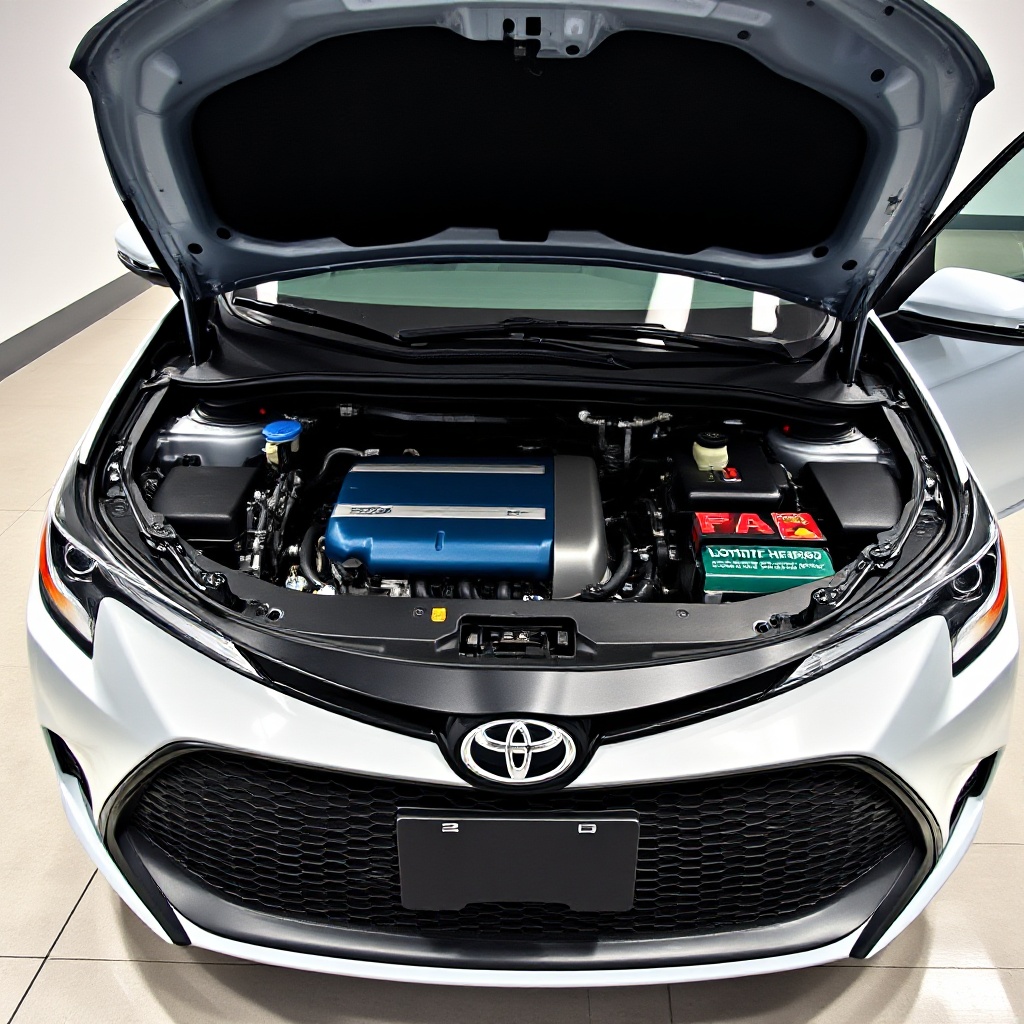
Corolla Hybrid Specifications and Performance
The Japanese Corolla hybrid lineup features a 1.8-liter gasoline engine producing 97 hp (72 kW / 98 PS). Front-wheel drive models include a single electric motor delivering 94 hp (70 kW / 95 PS), while all-wheel drive (E-Four) models add a rear electric motor contributing an additional 40 hp (30 kW / 41 PS). This powertrain setup delivers an ideal balance of performance and efficiency.
Pricing for the Japanese Corolla hybrid lineup ranges from ¥2,279,200 (approximately $15,700) to ¥3,416,600 (around $23,500), keeping the vehicle financially accessible despite its advanced technology. Meanwhile, in the US market, the 2025 Corolla Hybrid achieves impressive fuel economy ratings of up to 53 MPG city and 46 MPG highway.
These figures highlight a key aspect of Toyota's strategy: offering hybrid technology that delivers clear benefits in terms of fuel savings without significantly increasing costs or compromising performance. This practical approach makes electrification benefits available to mainstream car buyers, not just early adopters or luxury segments.
Advanced Features and Technology Enhancements
The 2025 model updates for the Corolla Hybrid go beyond the powertrain to include comprehensive technology improvements. All 2025 Corolla models come equipped with Toyota Safety Sense 3.0, which includes a suite of advanced driver assistance systems. The available 10.5-inch touchscreen display provides an intuitive interface for information and entertainment functions.
Additional features for the 2025 model year include:
Front and rear dashcams for improved safety and security
Digital key features allowing smartphone-based vehicle access
Enhanced connectivity options for seamless integration with mobile devices
Updated interior materials and design elements
These technology upgrades complement the efficiency advantages of the hybrid powertrain, creating a complete package that appeals to modern consumers seeking both sustainability and convenience. Toyota has carefully balanced technological advancement with user-friendly features that enhance the ownership experience without overwhelming drivers.
Hybrid Technology as the New Normal
The Corolla's transition to hybrid-only status in Japan and Europe signals that hybrid technology is becoming the standard in key markets. This shift reflects changing consumer expectations and regulatory environments, with many car buyers now viewing hybrids as the baseline for modern vehicles rather than as an alternative option.
Toyota now offers 34 different hybrid models in more than 90 countries and regions, demonstrating the global reach of this technology. This widespread adoption allows Toyota to reduce emissions even in markets where full EV adoption remains challenging due to infrastructure limitations or consumer preferences.
The company's approach prioritizes immediate emission reductions over waiting for full EV infrastructure development. This pragmatic strategy recognizes that hybrid technology can deliver substantial environmental benefits right now, while also preparing consumers for eventual transition to fully electric vehicles as infrastructure improves and technology develops.
Business Strategy and Carbon Neutrality Goals
Toyota's hybrid transition supports its broader plan to achieve carbon neutrality across its operations and products. The company believes hybrid technology offers a practical step in reducing emissions while maintaining affordability—a balanced approach that considers both environmental imperatives and market realities.
This strategic approach weighs several key factors:
Environmental responsibility and carbon reduction targets
Consumer preferences and purchasing power in different markets
Regulatory requirements that vary by region
Infrastructure readiness for different electrification technologies
The hybrid-only Corolla exemplifies Toyota's philosophy of making the greatest possible contribution to carbon reduction given current market conditions. Rather than focusing exclusively on full electrification—which might limit adoption due to infrastructure or cost barriers—Toyota is using hybrid technology to bring electrification benefits to as many drivers as possible.
Future Outlook for the Corolla Hybrid
The next-generation Corolla Hybrid is expected to launch by mid-2025, with the 2026 model projected to be priced between $25,000-$30,000. This upcoming model will face competition from rivals including the Honda Civic Hybrid and Hyundai Elantra Hybrid in the increasingly crowded hybrid sedan segment.
The next-gen Corolla is anticipated to feature improved ride quality, enhanced styling, updated in-cabin technology, and increased efficiency. These improvements will build on the current model's strengths while addressing areas where competitors may have gained ground.
Looking beyond the next model, Toyota will likely continue expanding hybrid technology across its lineup as it progresses toward its carbon neutrality goals. The lessons learned from the Corolla's hybrid transition will inform similar moves across other model lines, potentially leading to more hybrid-only offerings in markets where consumer acceptance is high and regulatory incentives are favorable.
Toyota's hybrid-focused strategy represents a pragmatic middle path in the electrification journey—not rushing ahead of infrastructure and consumer readiness, but not waiting passively either. By making its most popular global model hybrid-only in key markets, Toyota has made a clear statement about the role hybrid technology will play in its vision of a more sustainable automotive future.
Sources:
Carscoops: Toyota Corolla Goes Hybrid-Only In Japan
Toyota: Corolla
Carscoops: 2025 Toyota Corolla Gets A New Color And Upholstery In Europe
Toyota: Corolla Hybrid
